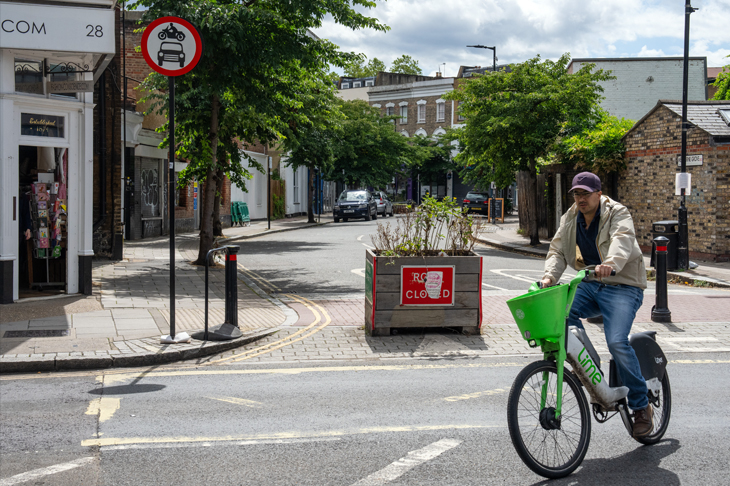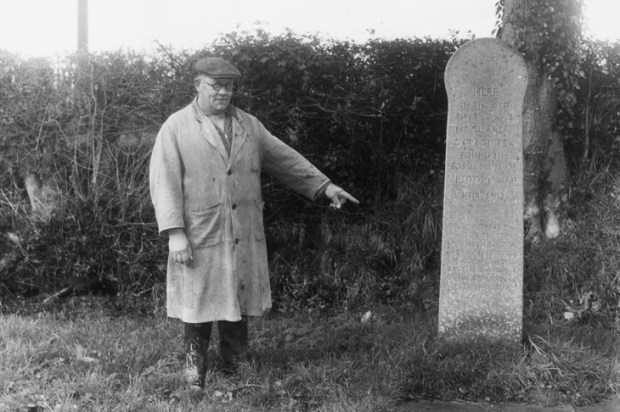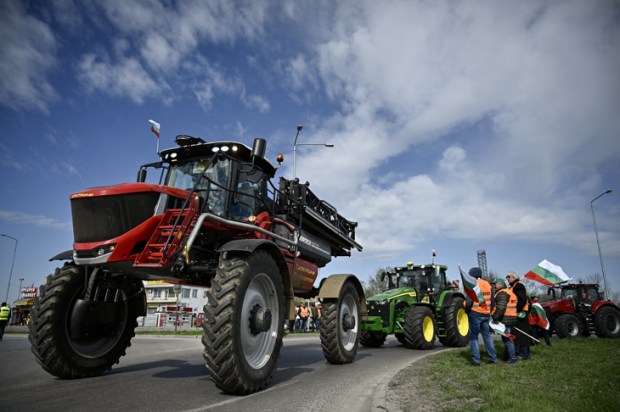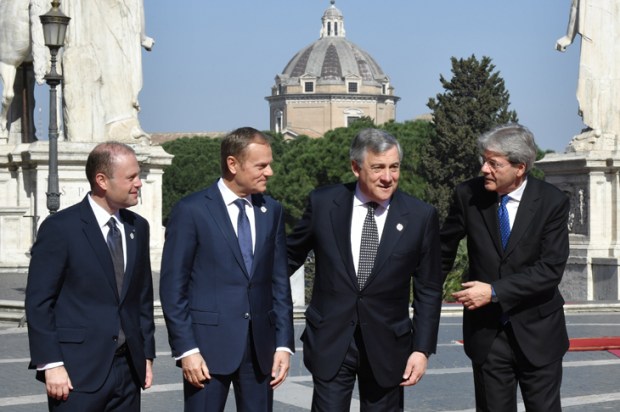If the British weather were a person with bank accounts, it would by now likely find itself, like Nigel Farage, ‘de-banked’ for political incorrectness. While the BBC has gone into hysterics over the hot summer in southern Europe, further north the British weather has stubbornly refused to co-operate with the Green warming narrative. Temperatures for much of the summer have barely reached those of a winter’s day in Canberra. Much of the British media has tied itself in knots trying to explain why, if the world just had its hottest July ever, and is, in the words of UN Secretary-General Gutteres, ‘boiling’, everyone in Britain is wearing jumpers and has the heating on.
As the media have pulled out all the stops to stir climate fear, Australians will recognise echoes of the ABC’s coverage of the 2019-20 bushfires – especially the silence about revelations that Europe’s recent ‘wildfires’ were fuelled by Green-tinged failures to backburn and were started in many cases by arsonists.
Sadly a watershed moment has been reached: you can no longer trust Europe’s weather forecasts and readings. Many of the BBC’s forecasts in mid-July for southern Europe proved wildly exaggerated. For example, on 18 July, it reported Sardinia was expected that day to see a high of 46 degrees and that ‘there are warnings that extreme heat could continue for a further 10 days’. In fact, Sardinia peaked at 40 and temperatures then fell steadily to the low-30s over the following week.
Much of the hyperbole appears to have been based on a swifty pulled by the European Space Agency (ESA), on which many media outlets rely for weather forecasts. On 13 July it issued a press release claiming that the ‘air temperature’ of Sardinia and Sicily was ‘expected’ to climb to 48 degrees, ‘potentially the hottest temperatures ever recorded in Europe’. In Sicily in fact it never went above 35 degrees. Unusually, the 13 July ESA press release, updated five days later, claimed that land temperatures in the 40s and 50s had been recorded across southern Europe in the previous days. The standard measurement of temperature is that of the air, made two metres above the ground. Land temperatures will of course always be many degrees higher, as anyone who has walked barefoot on a concrete footpath in summertime Australia will know. The ESA’s 48 degree forecast of the ‘air’ temperature in southern Italy was obviously an error – in reality it was the forecast land temperature. The forecast was never corrected, went unnoticed by most in the media and was repeated around the world.
Yet despite the unrelenting propaganda, European voters continue to defy the climate lobby’s plan to make them colder and poorer. Voters over the past year have given the Green-left a bloody nose at virtually every opportunity – in national and regional elections in Italy, Sweden, Finland, Greece and Germany. The Netherlands might join that list after elections later this year – the Farmer-Citizen Movement recently came out of nowhere against the government’s Green jihad on farming and is on course to influence policy as the country’s equal-largest party. Meanwhile in Spain, the elections in July saw a major swing to the right against the ultra-eco Socialists, even if it wasn’t enough this time to unseat them.
By contrast Britain’s left defeated the Tories at two of last month’s three by-elections – largely because grumpy Conservative voters failed to turn out. But the result which has had the most political impact is the Tories’ surprise retention of Boris Johnson’s former seat in outer London, Uxbridge and South Ruislip. Fought more or less solely on London’s Labour Mayor Sadiq Khan’s planned expansion of the city’s ‘Ultra Low-emission Zone’ (ULEZ) – which would mean owners of older cars would be hit with green levies – it has allowed the Tories to glimpse a possible path to victory at next year’s general election.
While ULEZ is not directly related to the net-zero agenda, it has only now dawned on the Tories that while the vast majority of Britons want a cleaner environment, they oppose Green measures involving cost and/or inconvenience. A recent YouGov poll found that while net zero in principle attracted 70 per cent support, if net zero entailed ‘costs for ordinary people’, support fell to just over a quarter.
Since Uxbridge, Prime Minister Sunak has suddenly started portraying himself as ‘pro-motorist’, now opposing ULEZ-like schemes across the country and the proliferation of 20mph speed limits. He’s also suddenly approving new North Sea oil and gas development projects, while attacking Labour as eco-fanatics in bed with extremists like Just Stop Oil.
Over 40 Tory MPs and peers have told Sunak they want him to go further and to defer Boris Johnson’s ban on the sale of new petrol and diesel cars from 2030 – a planned measure opposed by 83 per cent of Tory members, according to an opinion poll. Sunak and other members of the Tory establishment for the moment flatly reject this.
Yet panic if the opinion polls don’t shift could lead the Conservatives to shift more dramatically on their net-zero policies. The obvious options are to delay the looming bans on non-electric cars and gas boilers. An even bolder move would be to announce a referendum on net zero, as championed by Nigel Farage and the Daily Telegraph. That would provoke meltdown by much of the British establishment but isn’t inconceivable.
Tony Blair has implied that Labour should also shift on net zero, warning against asking the British public to do a ‘huge amount’ to tackle climate change – ‘Frankly whatever we do in Britain is not really going to impact climate change,’ he declared.
While some on Labour’s right and in the unions would probably support Blair, the party is probably too deeply in bed with the Green metropolitan left to match pragmatic shifts by the Tories.
So however little the Tories relax their net-zero policies, they still should be able to portray Labour as, by comparison, scarier eco-fanatics. Despite their multiple failures in so many areas, especially their inability to get a grip on immigration, the issue might mean the Conservatives are still in with a faint chance at the next election.
Got something to add? Join the discussion and comment below.
Get 10 issues for just $10
Subscribe to The Spectator Australia today for the next 10 magazine issues, plus full online access, for just $10.
@markhiggie1
You might disagree with half of it, but you’ll enjoy reading all of it. Try your first month for free, then just $2 a week for the remainder of your first year.














Comments
Don't miss out
Join the conversation with other Spectator Australia readers. Subscribe to leave a comment.
SUBSCRIBEAlready a subscriber? Log in